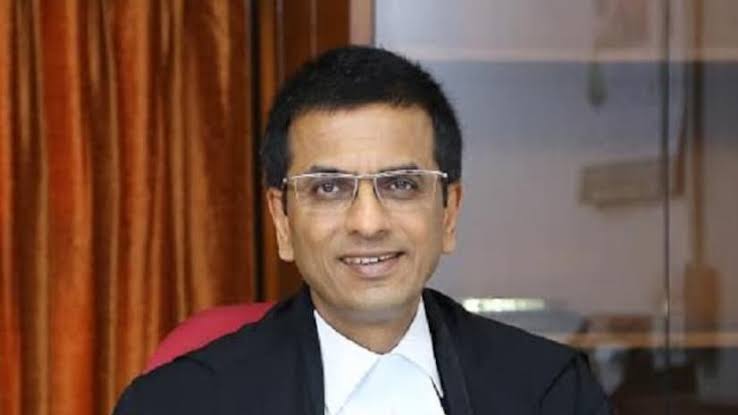Article 35A Virtually Took Away Fundamental Rights: CJI DY Chandrachud
New Delhi: The Chief Justice of India DY Chandrachud has said that Article 35A virtually took away fundamental rights of equality, liberty to practice a profession in any part of the country and others, reported PTI. The CJI said that enacting Article 35-A granted immunity from legal challenges and the power of judicial review. The remarks came during the 11th-day hearing on pleas challenging the abrogation of Article 370 in the Supreme Court.
Appearing for the Centre, Solicitor General Tushar Mehta referred to the contentious provision in the Indian Constitution, saying it gave special rights to only permanent residents of the erstwhile state of Jammu and Kashmir and was discriminatory.
“Under the provision (A-35A), people like sanitation workers working in the erstwhile state for decades were not given equal rights like that of permanent residents of J-K,” he was quoted as saying by PTI.
“This discrimination continued till the provision was abrogated in 2019. Non-permanent residents of J-K were not able to purchase lands, could not avail scholarship, employment in the state government,” he said, urging the court to look into issues from the “eyes of people,” he added.
To this, CJI Chandrachud said that by enacting Article 35A, “you virtually took away fundamental rights” of equality, liberty to practice profession in any part of the country and even granted immunity from legal challenges and the power of judicial review.
On the other hand, the Centre told the bench that the Constitution of Jammu and Kashmir is “subordinate” to the Indian Constitution, which is on a higher pedestal, to which the apex court prima facie agreed. The Centre also said that the two mainstream political parties of the erstwhile state of Jammu and Kashmir have misguided that the special provisions for the region were “not discrimination but a privilege” as per a PTI report.
Appearing for the Centre, Solicitor General Tushar Mehta told the five-judge bench headed by Chief Justice DY Chandrachud that there is enough material to show that the Constitution of Jammu and Kashmir is subordinate to the Constitution of India and the constituent assembly of Jammu and Kashmir was in reality a legislative assembly making laws.
“At one level, you may be right subject to rejoinder arguments from the other side (petitioners’ side) that the Constitution of India is really a document which lies on a higher platform than that of the Constitution of J-K,” the bench also comprising justices Sanjay Kishan Kaul, Sanjiv Khanna, BR Gavai and Surya Kant said.
“Even today two political parties are before this court defending Article 370 and 35A,” the solicitor general told the top court on the 11th day of hearing the litany of pleas challenging the abrogation of the constitutional provision which bestowed special status to the erstwhile state of J-K.
The Constitution Bench, however told Mehta that it would be difficult to accept the second part of the argument that the Constituent Assembly (CA) of Jammu and Kashmir was, in reality, a legislative assembly as proviso to Article 370 specifically mentioned that the CA brought certain subjects into the fold of the state upon its arrival.
The solicitor general further submitted that the effect of Article 370 was such that by the administrative act of the President and the state government, any part of the Constitution of India with respect to J-K can be amended, altered or even “destroyed” and new provisions can be created.


Comments are closed.